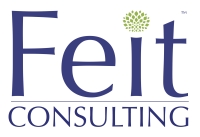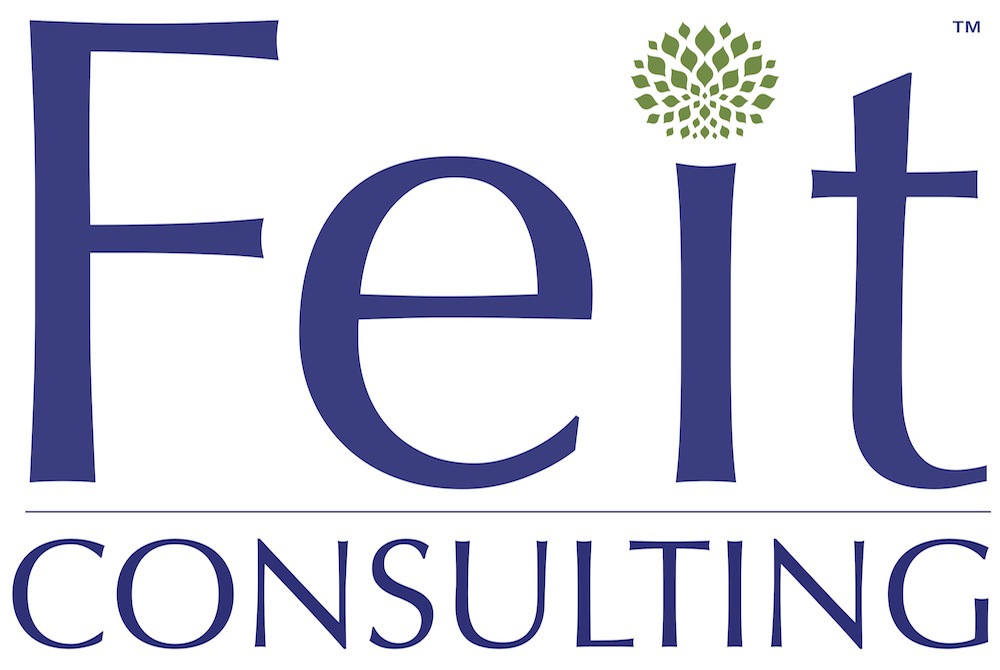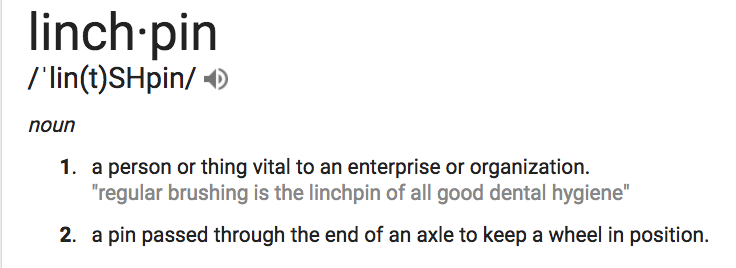By
Michael Feit
|
Associations ,
Events ,
Librarians
How exactly are you viewed in your organization? Are you seen as the gatekeeper of knowledge or guardian of books? The image of the stereotypical librarian is ingrained in our society. In movies and the media, the librarian is often portrayed as the figure that makes patrons tremble in fear with their disciplinarian approach of keeping people quiet while maintaining order in their domain. Those perceptions die hard. On the final day of the American Association of Law Libraries’ (AALL) conference, two programs took a serious look at this issue and provided insight on what must be done to dispel the stereotypes if we are to thrive in our organizations and as a profession.
At an organizational level, “The Linchpin Librarian: Becoming an Indispensable and Integrated Resource in Your Organization” summed it up nicely: See a need, fill a need. Librarians have relevant skill sets to help their organizations. We are organizers and planners. We know how to analyze data and recognize relevant patterns. We are front-facing, customer-service-oriented with good communication skills. So instead of guardians of books, let’s become information brokers. Whether embedded in a practice group to support an attorney team or partnering with client development to support business development and increase revenue streams, we need to assume the linchpin mindset. High-level collaboration and interdepartmental support will break down librarian stereotypes as we work on building relationships within our organizations. Step outside your comfort zone. Give change a try, and while it may seem uncomfortable at first, you can flourish as an indispensable resource within your organization.
Taking this mantra even further, one of the initiatives of the Private Law Librarian & Information Professional (PLLIP) Special Interest Section was to establish the Elevation Task Force as a means to further the profession. During the program entitled: “Elevate! Lifting an Innovative Profession into the Light”, the panel discussed their plans to identify forward-thinking, innovative standards that will give the stakeholders in our organizations a better understanding of our value and capabilities. This group wants to focus on how the law librarian is portrayed in the media and create a tool kit to manage the law librarian professional image. They are working to dispel negative and outdated perceptions that pigeon-hole us as mere researchers, diminishing our vast array of talents and making us targets of outsourcing.
We need to take a hard look at our future, be proactive in thought and action, and demonstrate to the C-Suite that we are willing and capable of sharing a seat at the table. Embracing change will greatly diminish our chances of being left behind.
Follow Monice’s AALL insights on Feit Consulting’s LinkedIn page here.







